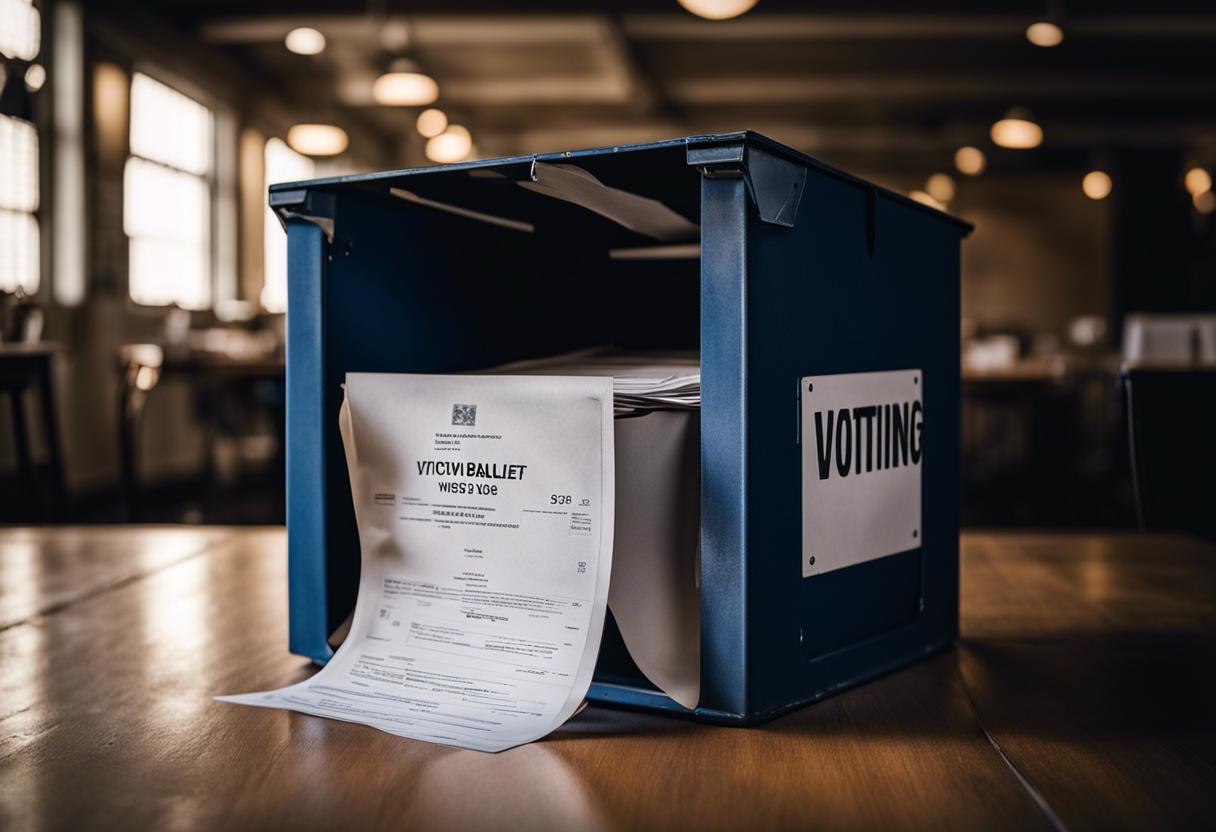The tallying continues for the local elections across the nation, and it’s likely to continue for a while longer. The European elections results are unlikely to be known until the end of Sunday. Even though the task remains ongoing, the day has provided us with enough data to declare it as an extraordinary one in the history of Irish politics – it has significantly shifted our political viewpoints.
Here’s a breakdown of five critical learning points from the initial day of vote tallying.
1. Stability at the political core
Undoubtedly, both Fine Gael and Fianna Fáil look set to lose some council seats – a fact accepted by both parties. Despite the loss, they had started with a relatively substantial count due to their impressive performance in the 2019 elections. Fine Gael appears to be faring particularly well in Dublin, especially in the wealthier districts. It seems poised to outperform Sinn Féin in the stronghold of Paschal Donohoe – Ireland’s figurehead for the advantages of the political core. The implications of this are huge.
There’s a cloud of uncertainty in terms of which party will emerge as the largest, either in vote share or council seats. Fine Gael believes they have the upper hand, but regardless, it’s going to be a close call. One thing is certain though, it won’t be Sinn Féin. Had someone made this prediction six, or even three months back, nobody would have entertained the thought.
2. The moderately leftist also holds their ground
The Green Party was preparing for a bloodbath; instead, it appears that the losses have been somewhat mercifully measured.
Similar to Fine Gael and Fianna Fáil, the Greens are set to lose seats but not to complete extinction. Despite the risk of losing their European Parliament seats, the Sunday results won’t spell out a total disaster as anticipated that could have sent shockwaves through the Government. The results indeed teach the Greens that, despite the challenging nature of governance, a high number of individuals retain their concerns over climate change and remain receptive to the party’s message. Not an entirely bad day, by any standard.
Across the centre-left faction, the Labour Party appears to be breathing life into existing perceptions that it’s showing some resurgence, and the Social Democrats forecast some victories on their part. It’s difficult at this juncture to ascertain the significance of these victories, but the non-Sinn Féin centre-left groups – previously seen to be on the verge of being overrun by the McDonald machine – demonstrate a vigorous fightback.
3. Sinn Féin fell short of expectations
The most striking development of the day was Sinn Féin’s disappointment, despite some marginal gains. It seems to have worsened more than they had feared – suggesting a dip in the last week or so of the canvassing, with an overload of candidates worsening the situation.
The party’s share of the national vote is estimated to be lingering in the mid-teens, and a count in the four Dublin local election regions indicated as low as an 11 per cent share for the party. If this is corroborated on Sunday, it would suggest the widely predicted Dublin European Parliament seat being in peril. If the votes are evenly split but not high enough in Midlands-North-West, the party’s seat could be in jeopardy too. While these remain uncertainties, they highlight that the situation for Sinn Féin could decline further.
4. Independent candidates savoured a successful day
In contrast to Sinn Féin’s shortcomings, Independent candidates have flourished. Though it’s not entirely logical to consider Independents as a singular political faction, if they were, they’d be the country’s largest.
Far-right independent candidates are vying for council spots, but significant electoral gains seem elusive for genuine far-right factions. Right-leaning independent candidates with migration scepticism or actively opposing local dwellings for asylum seekers seem to be broadening their presence in numerous locations.
A prominent and distinctive feature seen in Irish politics is its unpredictability. The drop in the voter base for Sinn Féin has been striking; recall the previous general election where the party experienced an unforeseen surge in support.
A considerable number of voters, not bound by their forebear’s political affiliations, switch party alliances freely, a behaviour that would’ve surprised their ancestors. Such behaviour adds a high degree of uncertainty to electoral outcomes. As a consequence, election campaigns have taken on increased significance.

